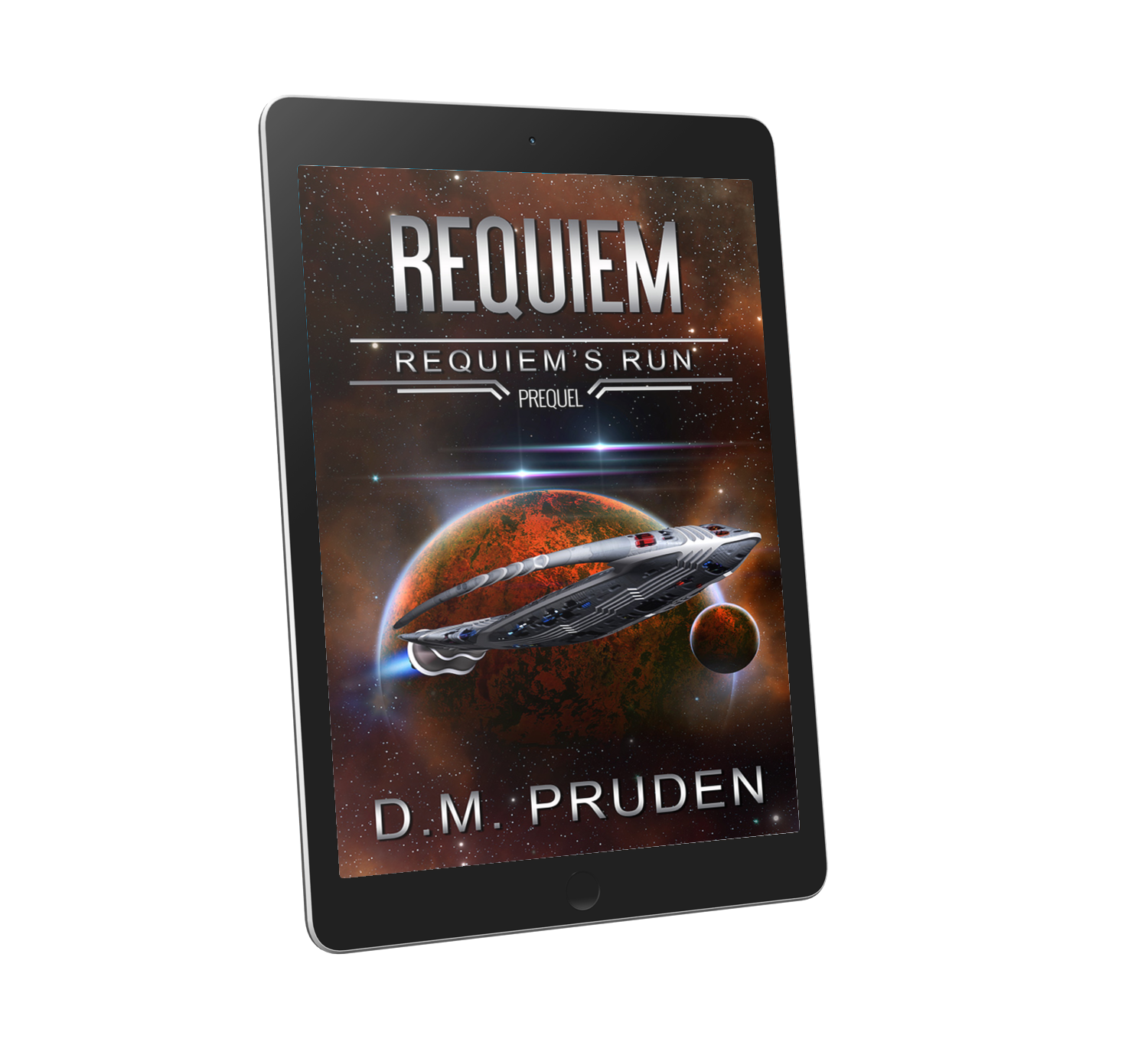I should more precisely call this article what MY readers really think about audiobooks, because that is the group I’ve polled twice in the past two years to come to some conclusions that run contrary to the prevailing attitudes within the indie author community.
You see, audiobooks are the next big thing in publishing. We are told that it is a growing market and it seems like everyone is dipping their toe into the pool. The prevailing attitude is that those who do not get on the bus now will be left in the dust.
Of course, I like to be cautious, particularly with something that will cost a significant sum of money to start up. If I wanted to produce audiobooks for all of my backlist, I would be looking at several thousand dollars spent upfront, with no real idea of if or when I might recover my investment.
So, I decided the best way to decide how profitable such a venture would be was to poll the most knowledgeable group of experts I know on readers’ habits–my own readers.
The results are very interesting and fly in the face of conventional thinking in the author community.
The Problem
There are some major hurdles for most authors to overcome if they want to produce an audiobook. First is the significant cost of producing one. Unless you are content to record in the dulcet tones of your own voice, and do all the sound engineering yourself (which some authors do and are quite successful at), an author must pony up money for a competent narrator and audio producer. The result is beaucoup bucks up front.
Of course, the big risk if whether anyone will buy them.
The Results
It was a simple poll with a few key questions designed to give me an idea of how popular audiobooks are amongst my reader demographic.
Do You Listen to Audiobooks?
Why not grab the bull by the horns and just ask the obvious? The result is that only 36.8% of respondents listen to audiobooks. That can be bolstered by an additional 7.5% who stated that they were interested in trying, but even with that, the majority (55.7%) of the respondents gave a resounding NO to the question.
Where do you get your audiobooks?
This is a significant question because of the payment models presently available to audiobook producers. Ideally, creators would like to be paid the full royalty (50% or less, depending on the distribution channel) for an outright purchase. What muddies the waters, and reduces the income for authors are subscription services, like Audible, who discount and offer returns on audiobooks, practises that reduce the potential income. If a significant number of readers who listen to audiobooks pay for them, that gives an idea for the potential income streams.
Alas, only 27% of those who listen to audiobooks actually purchase them. 73% use a subscription service like Audible or get them from the public library.
Conclusion: It isn’t the time for me to produce audiobooks.
Of course, some would argue that audiobook listeners are an entirely NEW market to break into, and they might be right. One still must consider that at present, the audiobook market is small (1 percent the size of the ebook and print book markets). Their lack of comparative popularity can be seen in the number of unsuccessful kickstarter campaigns attempted for the purposes of raising funds to produce audiobooks. Not enough people are keen on them at the moment.
No doubt, this will change over time. I have no doubt that the audiobook market will continue to grow in the coming years. I will continue to keep my ears open (an ugly pun, I realize) to gauge if and when the time arises for me to join the fray. I won’t be an early adopter, but that isn’t something unusual for me. I will never have the newest cell phone or computer technology because I always wait for the bugs to be worked out of the system before I decide to commit. I see the audiobook market in the same way.
”
D.M.(Doug) Pruden worked for 35 years in the petroleum industry as a geophysicist. For most of his life he has been plagued with stories banging around inside his head that demanded to be let out into the world. He currently spends his time as an empty nester in Calgary, Alberta, Canada with his long suffering wife of many years. When he isn’t writing science fiction stories, he likes to spend his time playing with his grandchildren and working on improving his golf handicap.
D.M. Pruden



2 Responses
As an audiobook fan myself, but one since before audiobooks were cool, (an early adopter of necessity, you might say), these results don’t really surprise me. Not only are audiobooks more expensive to produce, they’re more expensive to purchase. Sure, I’m an Audible user. I also use the library for the blind. I also buy Kindle books, I get books from services for print-disabled readers, I really get them when and where I can! Sure, audio isn’t everyone’s cup of tea, never mind the debate on whether listening to an audiobook is really reading. (I’m sure you can guess on which side of that debate I fall.) Personally, if you come out with audiobooks, I’ll be interested. If you don’t, I’m still interested. But no audiobook fan, I’m sure, will begrudge you doing what makes sense to your livelihood.
Doug ~ Thanks for a very thoughtful approach to this issue. I’d like to point out that, since the publication of this entry, the audiobook market has continued to grow by double digits each year, both in terms of sales and titles produced. If you’d like to revisit considering audiobooks, there are a number of options I’d be happy to discuss regarding ways to get produced in audio for less than the full cost of hiring a narrator outright and producing the audiobook as a work for hire.